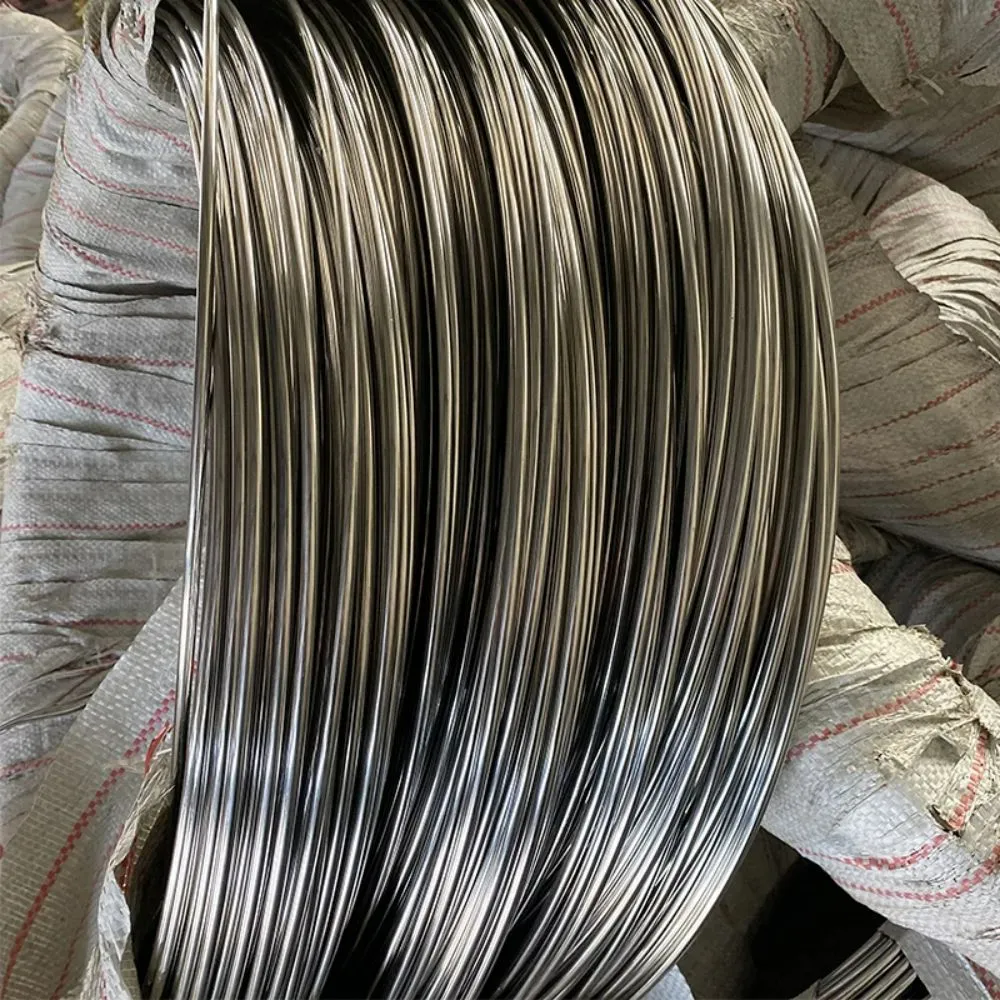Welded Wire Mesh Gauge Sizes Precision Sizing & Durability
- Introduction to Welded Wire Mesh Gauge Standards
- Technical Advantages of Precise Gauge Sizing
- Manufacturer Comparison: Specifications & Performance
- Customization Strategies for Varied Applications
- Case Studies: Real-World Implementations
- Material Durability Across Gauge Variations
- Selecting Optimal Welded Wire Mesh Sizes

(welded wire mesh gauge sizes)
Understanding Welded Wire Mesh Gauge Sizes
Welded wire mesh gauge sizes directly determine structural integrity across industrial applications. The American Wire Gauge (AWG) system categorizes diameters from 10 gauge (3.43mm) to 22 gauge (0.71mm), with mesh openings ranging 1/4" to 6". Key considerations include:
- ±0.05mm diameter tolerance for load-bearing structures
- 0.25:1 to 2:1 aspect ratio in rectangular openings
- ASTM A185/A496 compliance for construction-grade mesh
Engineering Superiority Through Precision
Modern manufacturing enables ±2% dimensional accuracy through CNC resistance welding. Compared to traditional woven mesh, welded variants demonstrate:
| Parameter | Welded Mesh | Woven Mesh |
|---|---|---|
| Tensile Strength | 550-1250 MPa | 300-700 MPa |
| Deformation Resistance | 0.8-1.2% | 2.5-3.8% |
| Production Speed | 15-25 m²/min | 5-8 m²/min |
Industry Leader Benchmarking
Top manufacturers differentiate through specialized gauge configurations:
| Manufacturer | Gauge Range | Wire Diameter | Price/㎡ |
|---|---|---|---|
| WireCraft Pro | 10-18 AWG | 3.43-1.24mm | $18.50-$42.80 |
| SteelMesh Co. | 12-20 AWG | 2.05-0.91mm | $14.20-$37.90 |
| AlloyGrid Systems | 14-22 AWG | 1.63-0.71mm | $22.75-$49.60 |
Application-Specific Solutions
Custom gauge configurations address unique requirements:
- Concrete Reinforcement: 16 AWG with 6"x6" openings (BS 4483 compliance)
- Security Fencing: 12 AWG in 2"x3" rectangular pattern
- Agricultural Use:
Galvanized 19 AWG with 1" hexagonal mesh Performance Validation
Recent infrastructure projects demonstrate gauge optimization:
- Highway barrier system using 10 AWG mesh sustained 85kN impact force
- Warehouse partition walls with 14 AWG configuration reduced material costs by 32%
- Marine applications showed 0.02mm/year corrosion rate in 16 AWG galvanized mesh
Optimizing Welded Wire Mesh Sizing
Selecting appropriate wire mesh gauge sizes requires balancing three factors:
- Load requirements (static vs dynamic forces)
- Environmental exposure conditions
- Total cost of ownership over 10-15 year lifecycle
Third-party testing confirms that properly specified welded wire mesh maintains 94-97% structural integrity after decade-long service in moderate climates.

(welded wire mesh gauge sizes)
FAQS on welded wire mesh gauge sizes
Q: What are common welded wire mesh gauge sizes?
A: Common welded wire mesh gauge sizes range from 10 to 22 gauge, with 16 and 18 gauge being popular for construction and fencing due to their balance of strength and flexibility.
Q: How do wire mesh gauge sizes affect application choices?
A: Thicker gauges (lower numbers like 10-14) suit heavy-duty uses like industrial fencing, while thinner gauges (16-22) are ideal for lightweight projects like garden mesh or crafts.
Q: How is wire mesh gauge size measured?
A: Gauge sizes correspond to the wire diameter; lower numbers indicate thicker wires. For example, a 10-gauge wire is approximately 0.135 inches thick, while 22-gauge is about 0.025 inches.
Q: Are welded wire mesh sizes standardized?
A: Yes, welded wire mesh sizes follow industry standards (e.g., ASTM), with gauges and openings (e.g., 2"x4" or 6"x6") defined for consistent use in construction, agriculture, and landscaping.
Q: What gauge is best for concrete reinforcement?
A: 16-gauge or 14-gauge welded wire mesh is commonly used for concrete slabs and foundations, providing adequate strength without compromising placement flexibility.
Share
Latest news-
Space-Saving Chain Fence Hacks Vertical Gardening with Cyclone MeshNewsJul.16,2025
-
Innovations in Iron Nail Wire Production for Modern ConstructionNewsJul.16,2025
-
Creative Uses of Wire Netting Fence in Modern Landscape DesignNewsJul.16,2025
-
Barbed Wire Fence Innovations in Anti-Climb TechnologyNewsJul.16,2025
-
Architectural Uses of Umbrella Nails for Aesthetic Roof DesignsNewsJul.16,2025
-
Architectural Uses of Razor Barbed Wire in Secure Urban DesignNewsJul.16,2025
 English
English
 Afrikaans
Afrikaans
 Albanian
Albanian
 Amharic
Amharic
 Arabic
Arabic
 Azerbaijani
Azerbaijani
 Belarusian
Belarusian
 Bulgarian
Bulgarian
 Croatian
Croatian
 Czech
Czech
 Danish
Danish
 Dutch
Dutch
 Estonian
Estonian
 Finnish
Finnish
 French
French
 German
German
 Greek
Greek
 Hungarian
Hungarian
 Indonesian
Indonesian
 Italian
Italian
 Japanese
Japanese
 Javanese
Javanese
 Korean
Korean
 Latvian
Latvian
 Lithuanian
Lithuanian
 Macedonian
Macedonian
 Malay
Malay
 Nepali
Nepali
 Norwegian
Norwegian
 Persian
Persian
 Polish
Polish
 Portuguese
Portuguese
 Romanian
Romanian
 Russian
Russian
 Serbian
Serbian
 Sinhala
Sinhala
 Slovak
Slovak
 Slovenian
Slovenian
 Spanish
Spanish
 Swahili
Swahili
 Swedish
Swedish
 Tagalog
Tagalog
 Tamil
Tamil
 Thai
Thai
 Turkish
Turkish
 Ukrainian
Ukrainian
 Urdu
Urdu
 Uzbek
Uzbek
 Vietnamese
Vietnamese
 Maltese
Maltese




